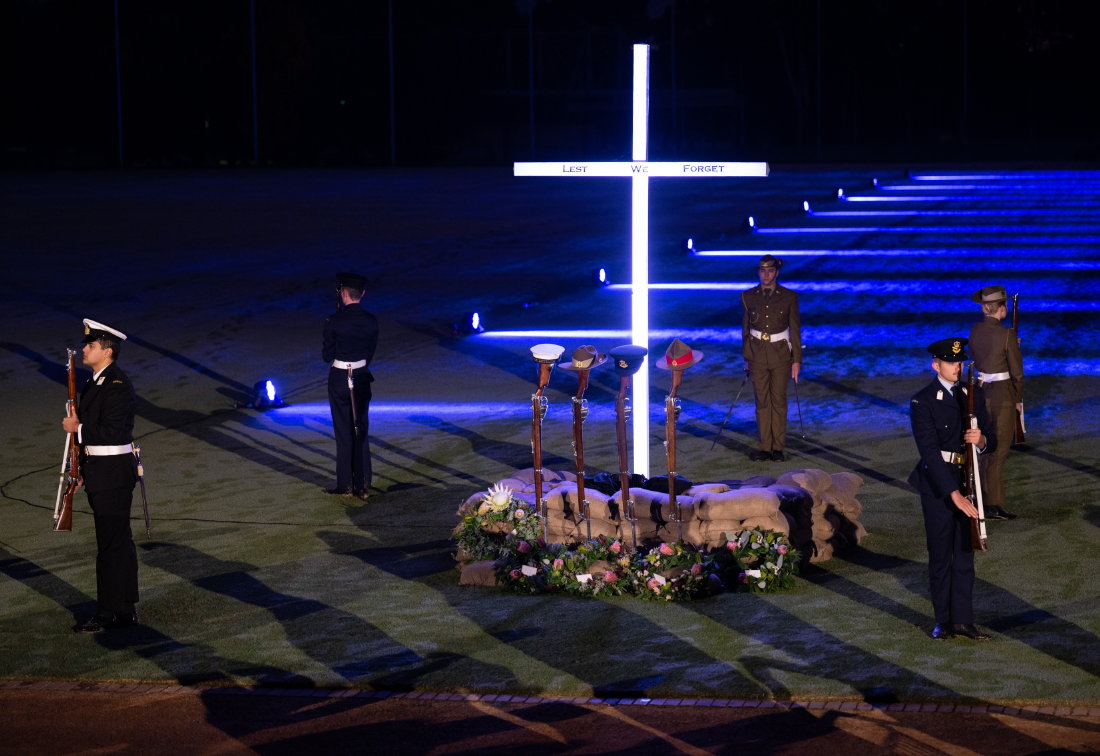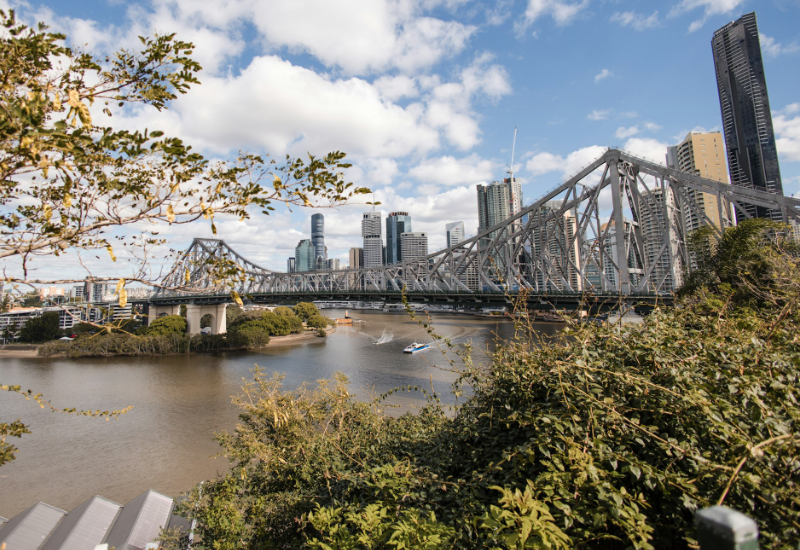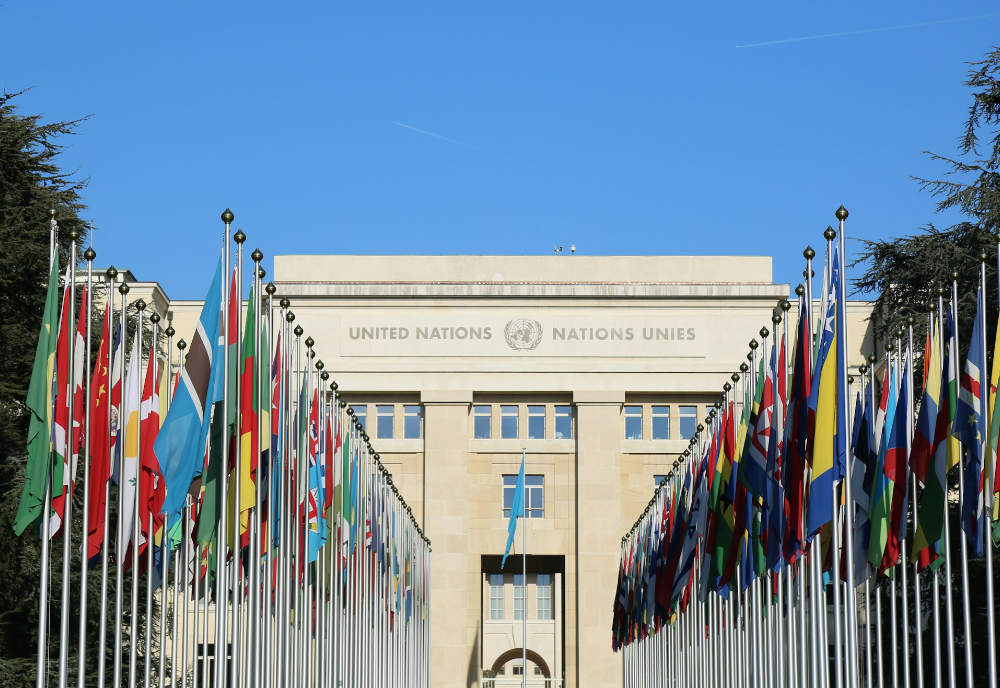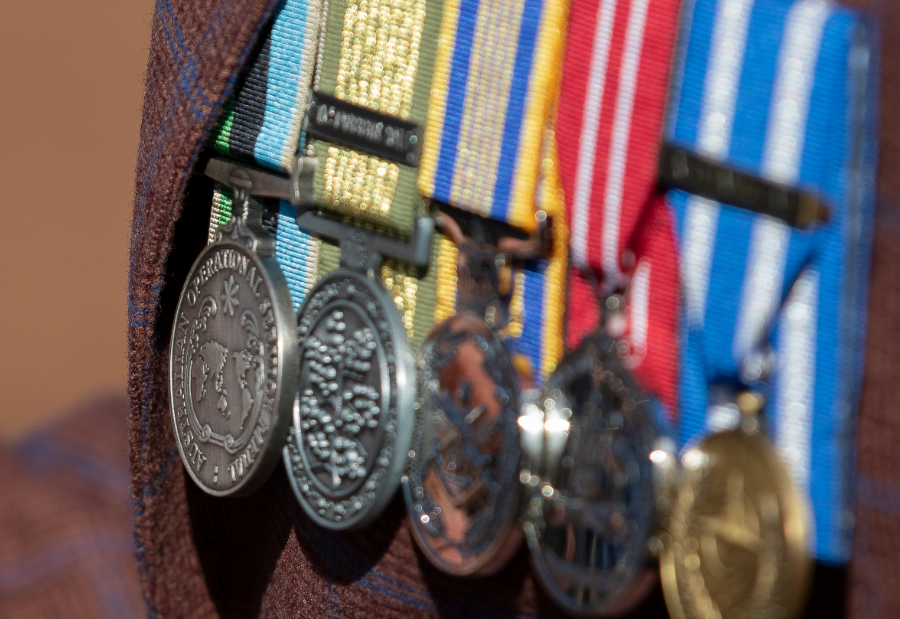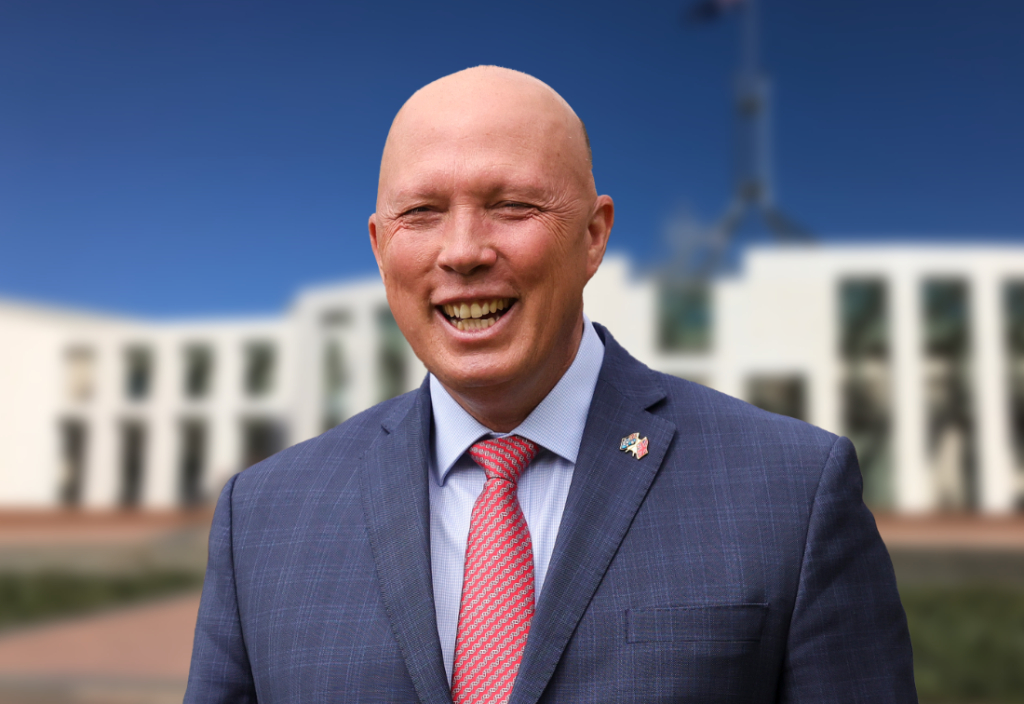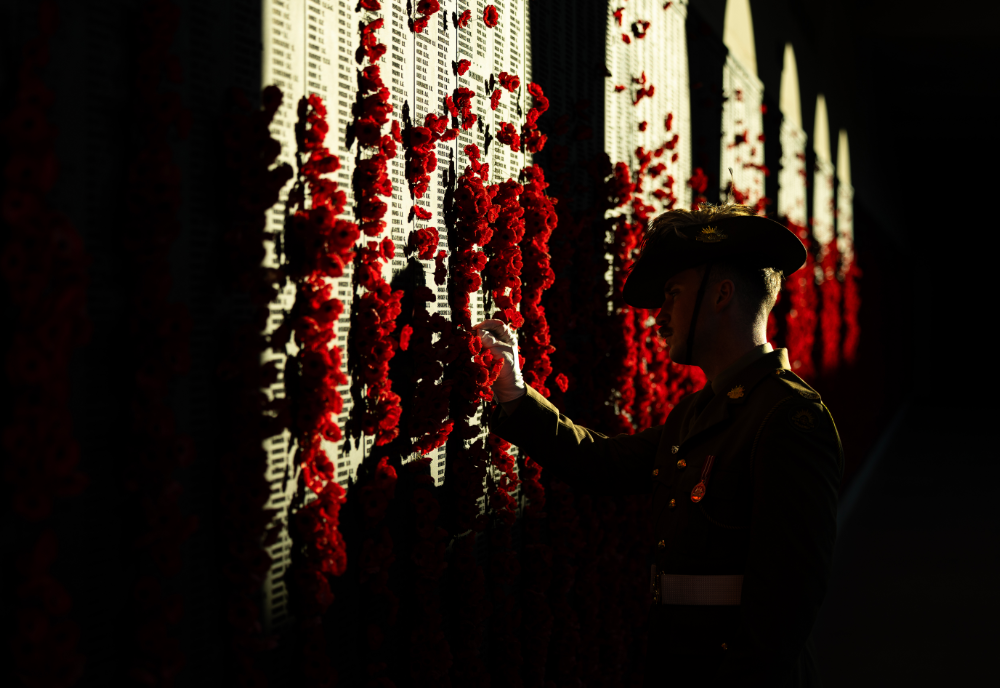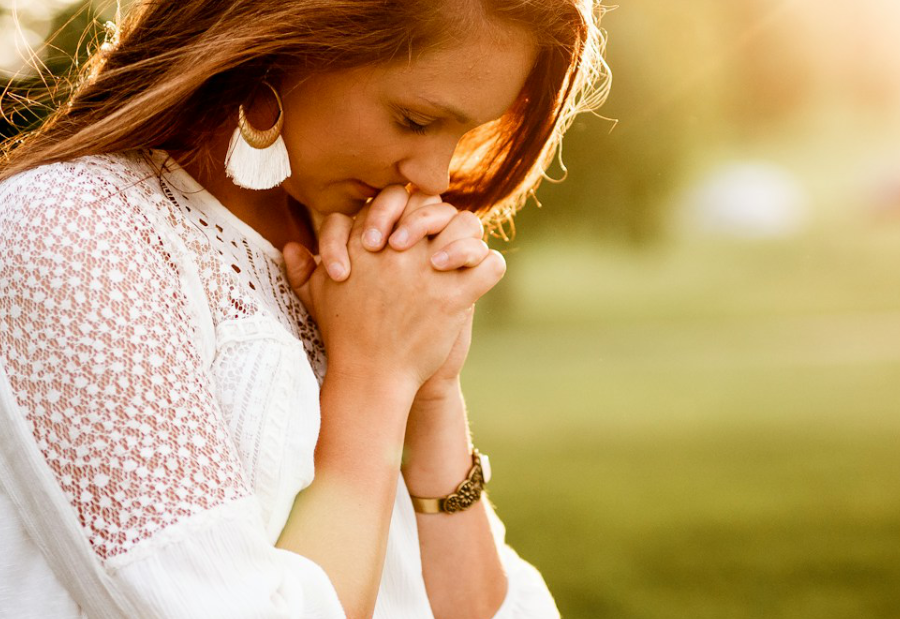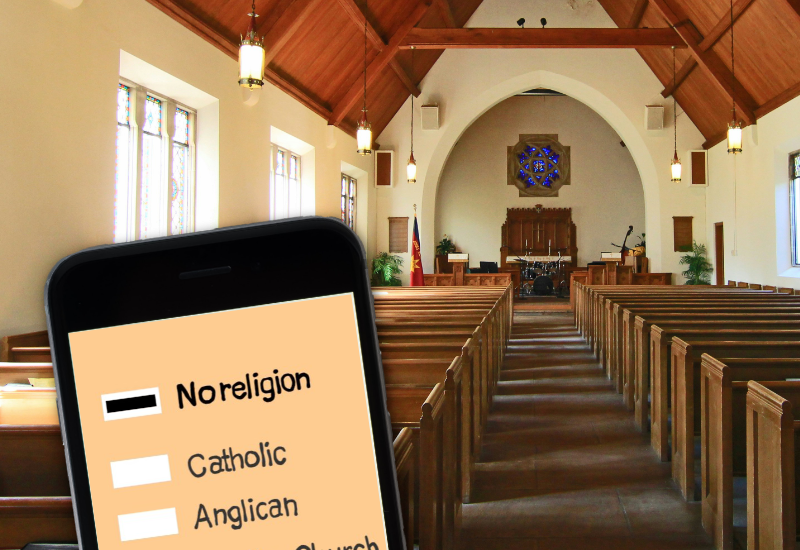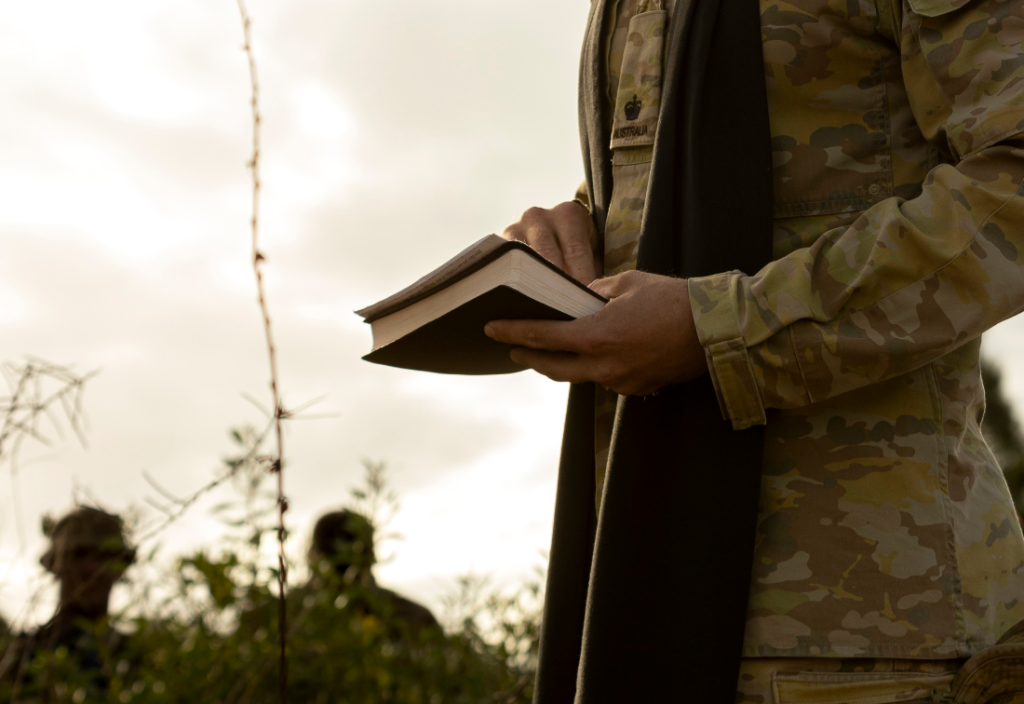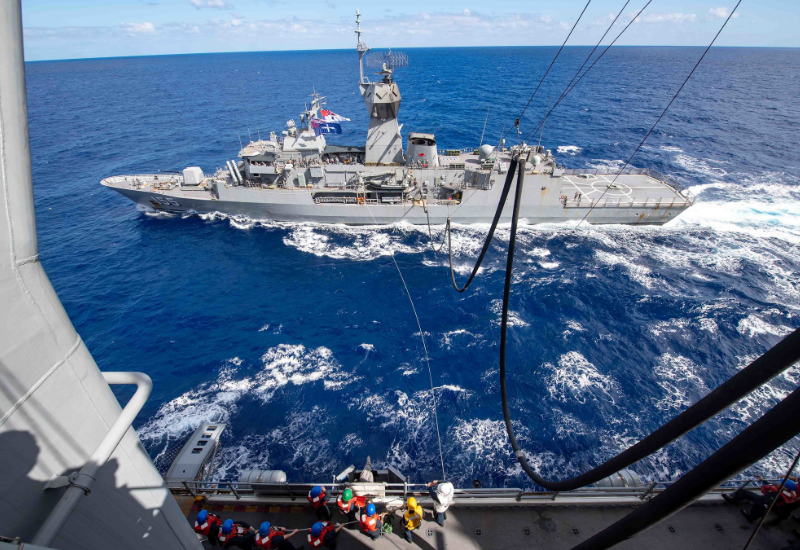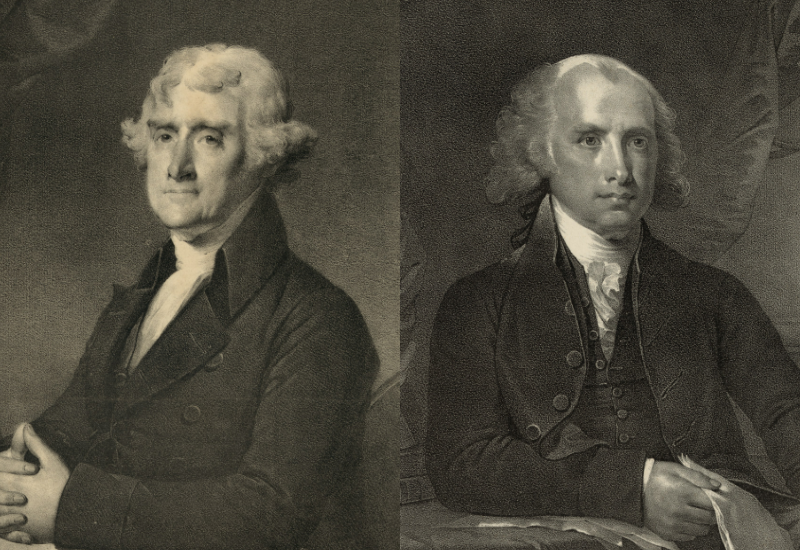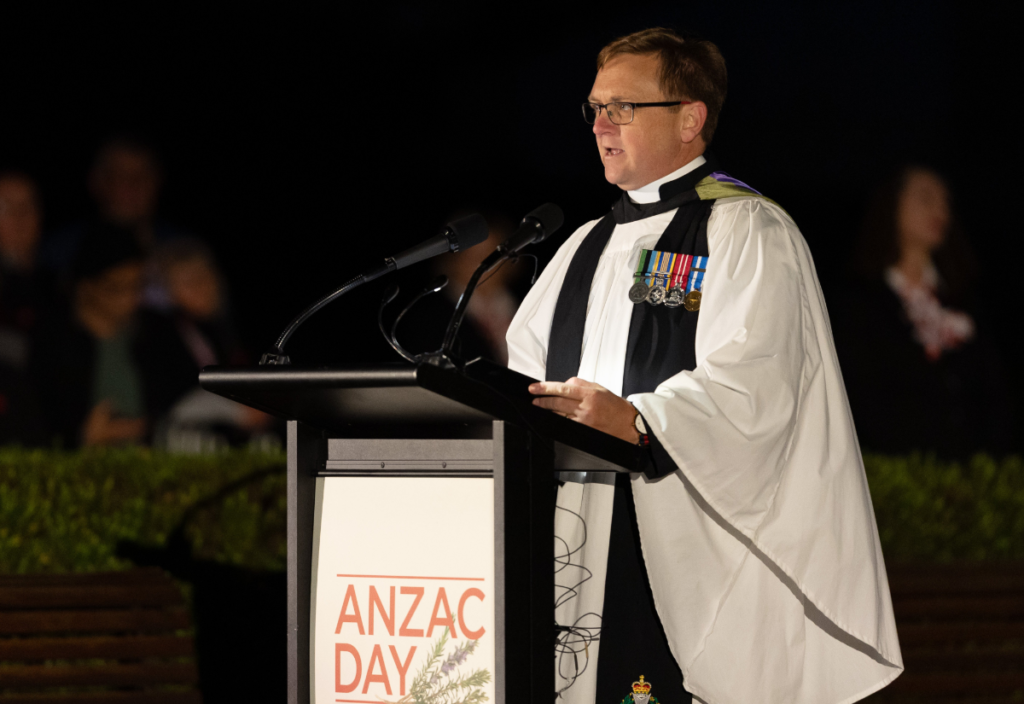I didn’t attend the Anzac dawn service this year. In truth, I have not attended a dawn service for over a decade, instead preferring a contemplative run and perhaps a beer with colleagues later in the afternoon.
I used to think I was rare among my veteran colleagues, but, as time goes on, I realise that I am just one of many who feel an odd detachment from the dawn service itself, along with an emerging incongruence between the concepts of secular commemoration and the religious content of Anzac Day services.
I acknowledge that my views and detachment are not universally shared. As they say, if you ask a dozen veterans what Anzac Day and the dawn service mean to them, you’ll get a dozen different responses. And rightly so. The emotions associated with the day are complex and personal.
If the references to God and the overt Christianity of the commemoration services resonate and have meaning for a veteran, then that’s fine. If the service is more about catching up with other veterans, or the simple solemnity and commemorative attributes of the occasion, then that’s fine too. But this doesn’t satisfy the question around whether Anzac Day should have any religious content at all.
If it stays a Christian service, then one can’t but feel that it will do nothing more than push the commemoration away from those Australians and veterans who have no religious affiliation, are of another religion or reject religion altogether.
I was brutally confronted with the reality that the dawn service is unambiguously a Christian service commemorating the nation’s war dead.
For my part, I can’t quite recall the moment I distanced myself from the dawn service. It would have been at least a decade ago. But I can recall the reasons why I decided I could no longer rationalise attending what is effectively a Christian church service. On that occasion, I carefully read the lyrics to the hymns, I listened to the dedication, paid attention to the reading of the Lord’s Prayer, and observed the people presiding over the ceremony. I was brutally confronted with the reality that the dawn service is unambiguously a Christian service commemorating the nation’s war dead.
From that moment, the dawn service no longer commemorated the Anzacs and veterans the way I would have thought appropriate and was no longer relevant for me.
For those traditionalists who believe the dawn service should stay as it has always been, I have some sympathy. I am not naïve to the origins of Anzac Day. I grew up in Albany, the location of what many believe to be the first observance of a dawn service in 1930. Many times I stood on the shores of King George Sound from where the Anzac fleet departed in November 1914. Dawn service from Mount Clarence was always a poignant occasion.
However, as a child, the overt religiosity in the service itself was lost on me, likely because I was consumed in the commemoration itself, rather than listening to anything. But its origins during a time when those who went to war were white, Anglo-Saxon, Christian males should not confine us to how we commemorate in 2023 and beyond.
It’s not for me to suggest how others might commemorate Anzac Day. As I have already said, it’s personal. That said, a Christian church service purporting to undertake commemoration on behalf of the nation, regardless of religious affiliation, is perhaps not fitting for the nation Australia has become and the one I know and love today.
When we reflect on the nation’s veterans each Anzac Day, perhaps we should also take the time to reflect on the way we commemorate.
If you wish to republish this original article, please attribute to Rationale. Click here to find out more about republishing under Creative Commons.
Photo by Department of Defence, Commonwealth of Australia

